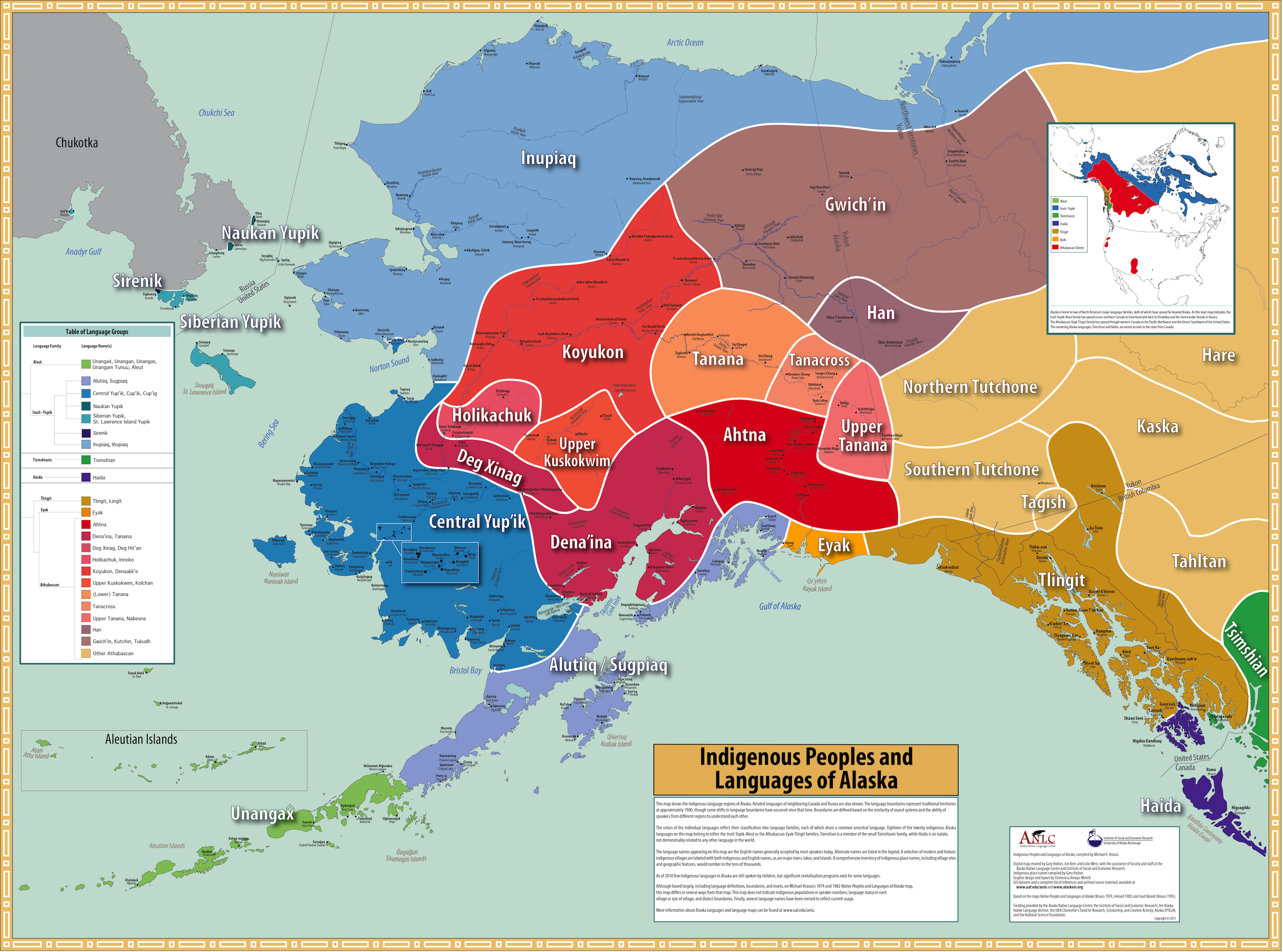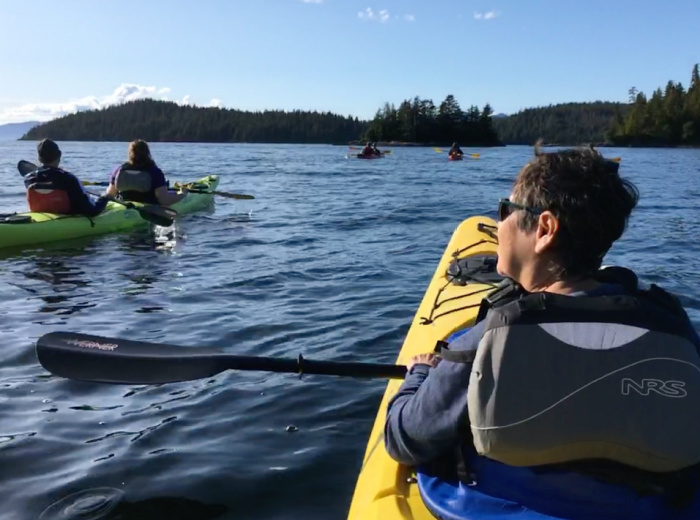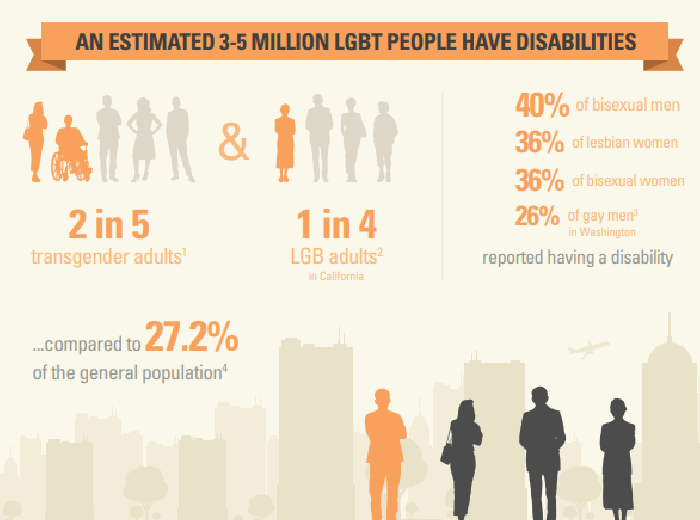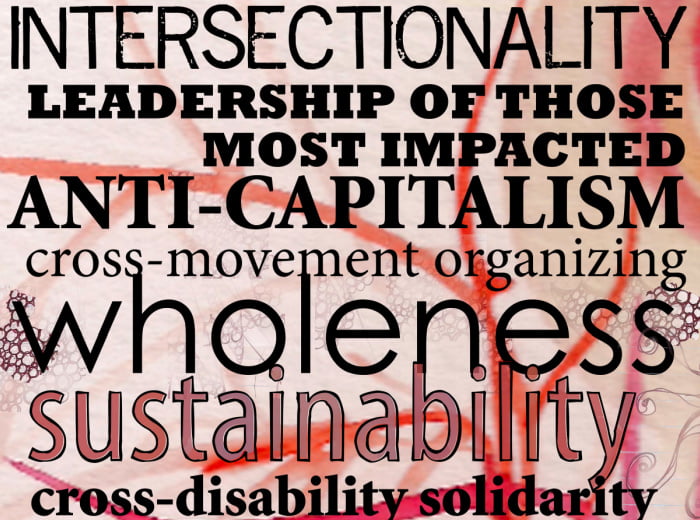We live and work on Lingít Aaní, and recognize these unceded, traditional lands are stewarded by the Lingít, Haida and Tsimshian Peoples. We are grateful for their care and deep commitment to the land, and commit to better understand the rich and complex histories of the places we call home. The intergenerational impacts of colonization, and the movement for healing and justice, continue to inform our work as we create more inclusive, accessible communities across our region. We invite you to join us in learning and using the traditional names of places and communities throughout Southeast Alaska, where we are honored to work, whether in person or through remote connections.
SAIL’s mission is to Inspire Personal Independence. We strive to inspire from a place of understanding and transform our work for personal independence in a way that recognizes the impacts of systemic inequities and actively dismantles them.
All forms of oppression are linked. The disability rights movement is inseparable from the human rights movements for racial, economic, and gender justice. The ongoing oppression people with disabilities experience is further compounded by race, ethnicity, immigration status, gender, sexual orientation, socio-economic status, and all other identities systemically marginalized. Due to systemic inequities, individuals of color living with disabilities are less likely to receive needed services. SAIL is dedicated to dismantling all barriers to obtaining accessible, responsive services, so that every individual is empowered to live with dignity and independence.
We developed the following commitments in co-creation with those most impacted by this violence. We will review our commitments regularly.
-
- Dismantle our internal systems that perpetuate oppression and build new approaches that are equitable;
- Examine and challenge individual biases as an ongoing practice. Create opportunities for this ongoing learning together and the practice of accountability, repair and change in behavior;
- Advocate for anti-harassment and anti-discrimination policies in collaboration with our allies across movements;
- Ensure the policies and programs of SAIL are accessible, equitable, and reflective of the diversity and wisdom of Alaskan communities;
- Offer resources through our programs and communications that support systemic change and eliminate racial and social biases.
We understand that our strength is in our community. We are here to listen, advocate, raise awareness, educate, and get uncomfortable as we actively work to change our system. If you would like to share your words, resources, thoughts, or more about this topic please send them to info@sailinc.org.
Resources
Indigenous Peoples & Languages of AK
This map shows the Indigenous language resions of Alaska, and related languages of neighboring Canada and Russia. You can also learn whose land you’re on using this Land Acknowledgement Bot.
Intersections Between Racism & Ableism
- Racism and ableism as explained by Isabella Kres-Nash.
- Reading list from the Disability & Philanthropy Forum.
LGBTQA+ and Disabilities
This infographic reviews the challenges, and makes recommendations for advancing equality and opportunity for LGBTQA+ people with disabilities.
The 10 Principles of Disability Justice
Link to the 10 Principles of Disability Justice from Sins Invalid, beginning with Intersectionality. “We do not live single issues lives” -Audrew Lorde.




